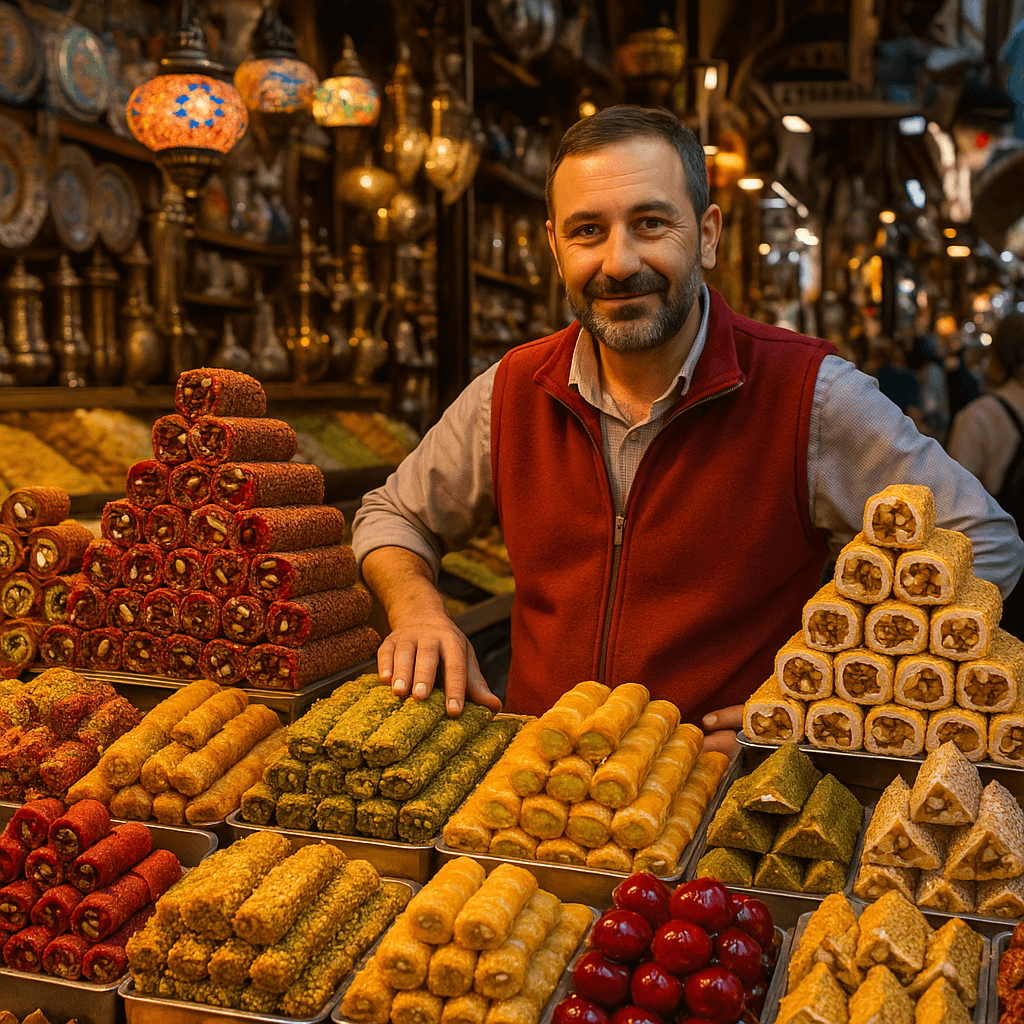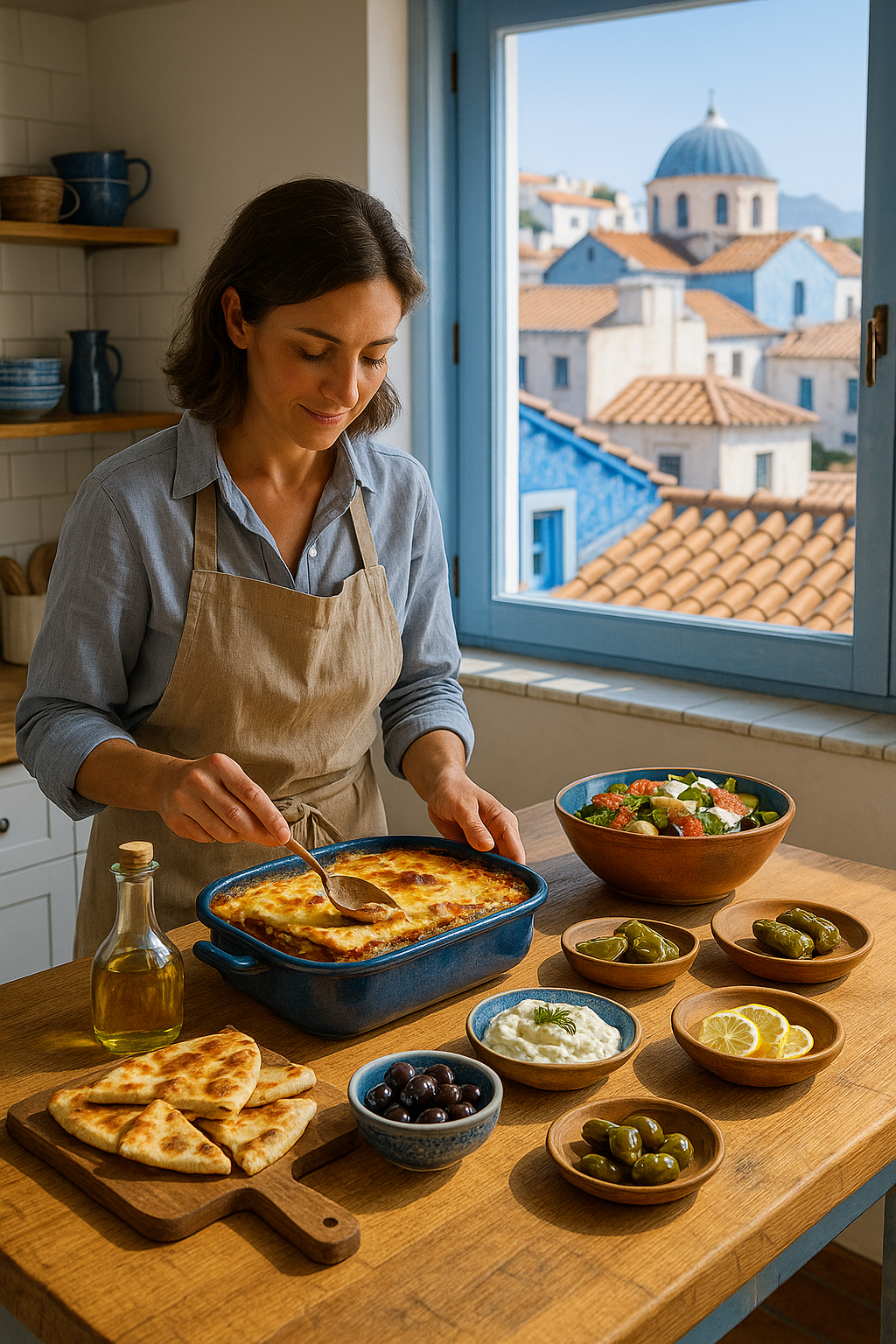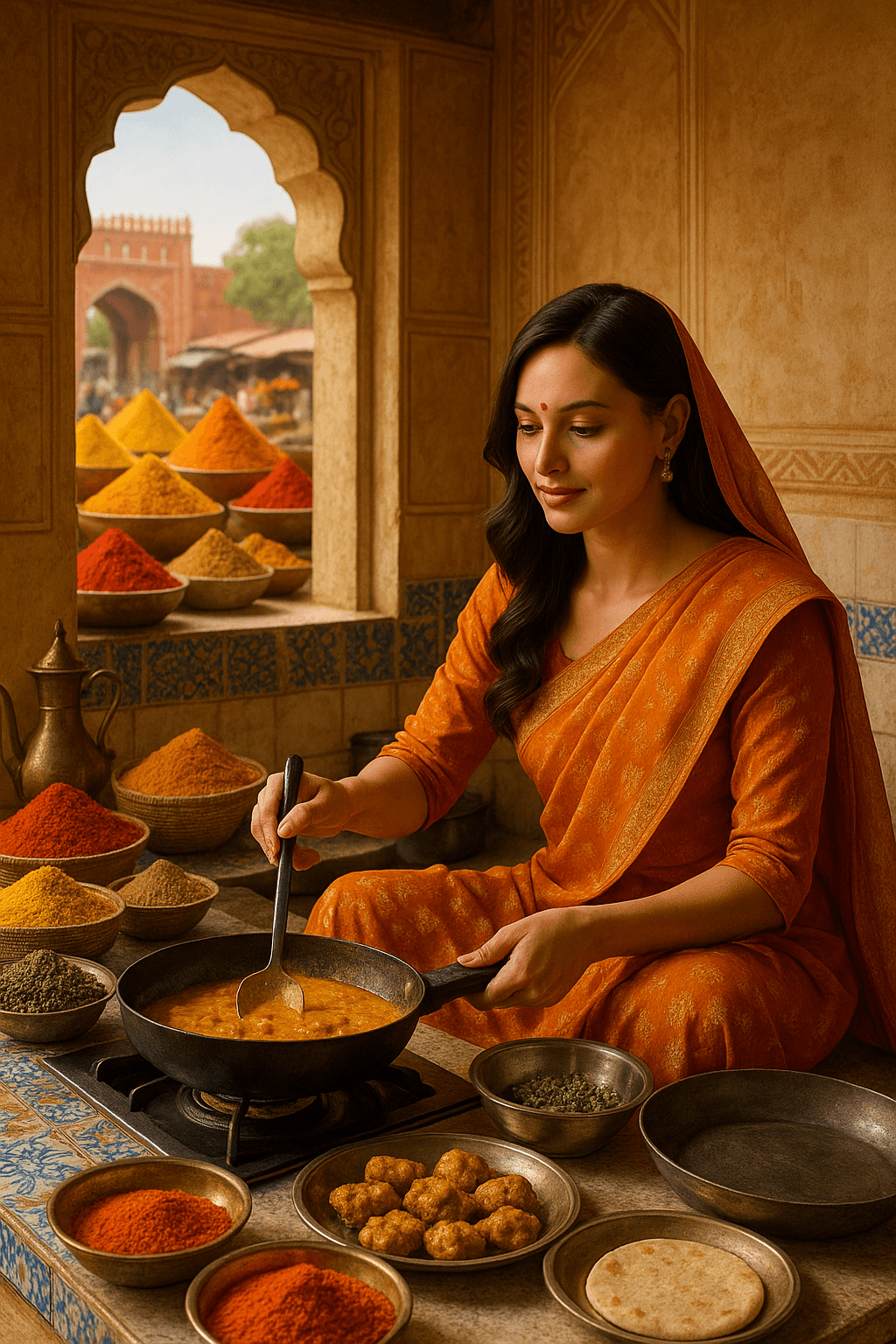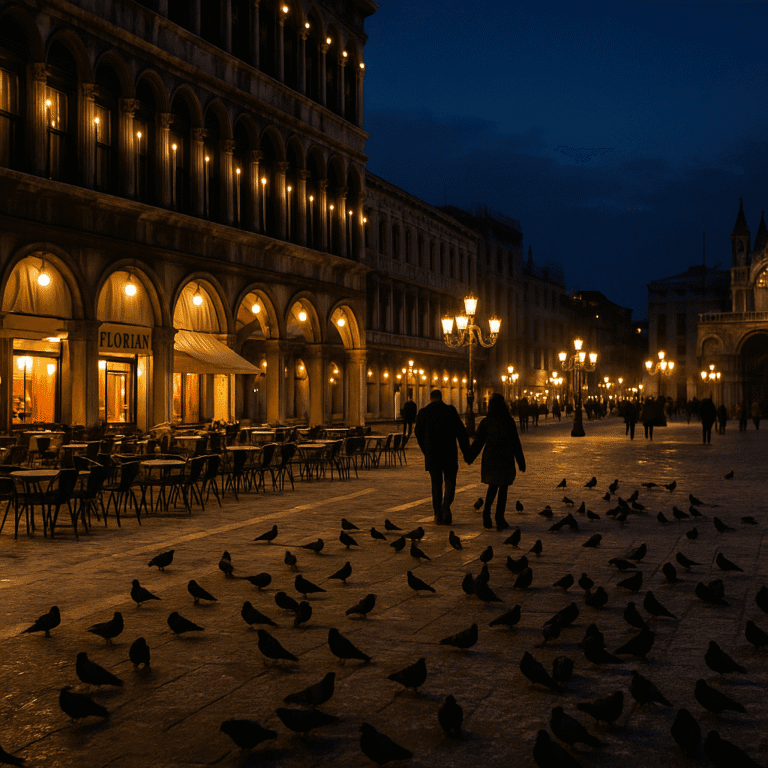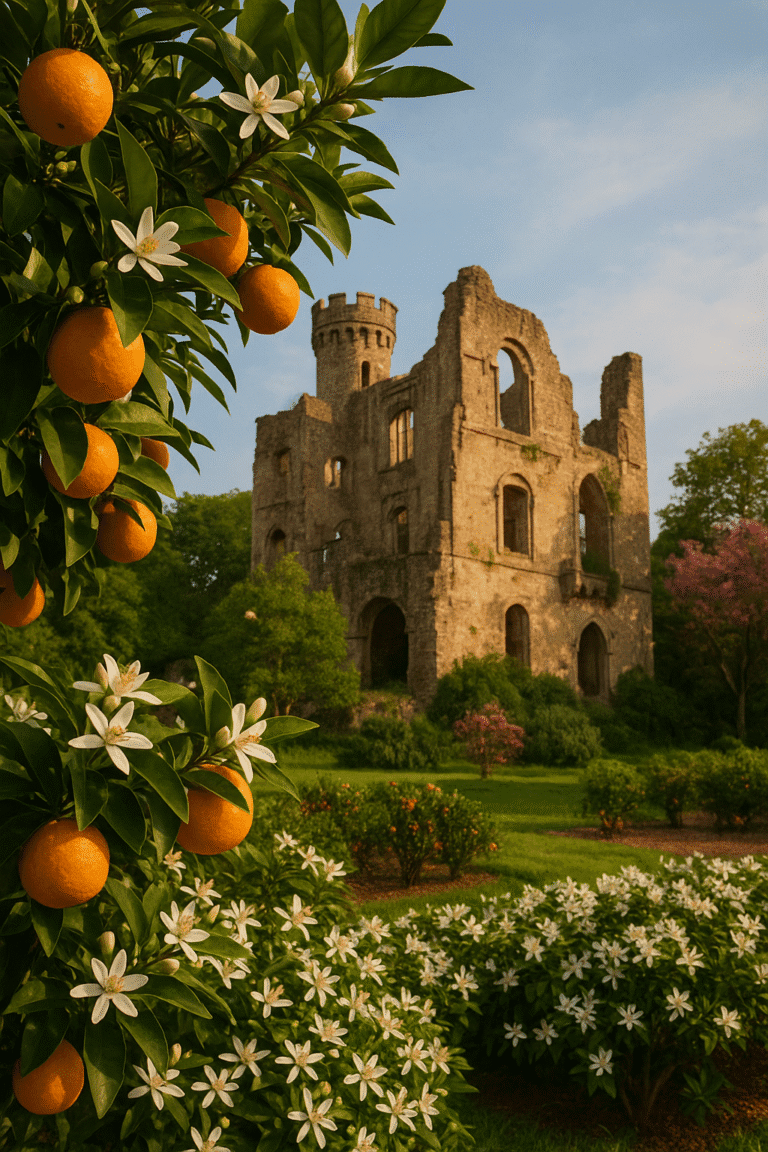Aromas of Istanbul: Spices, Tea and Eternal Sweets
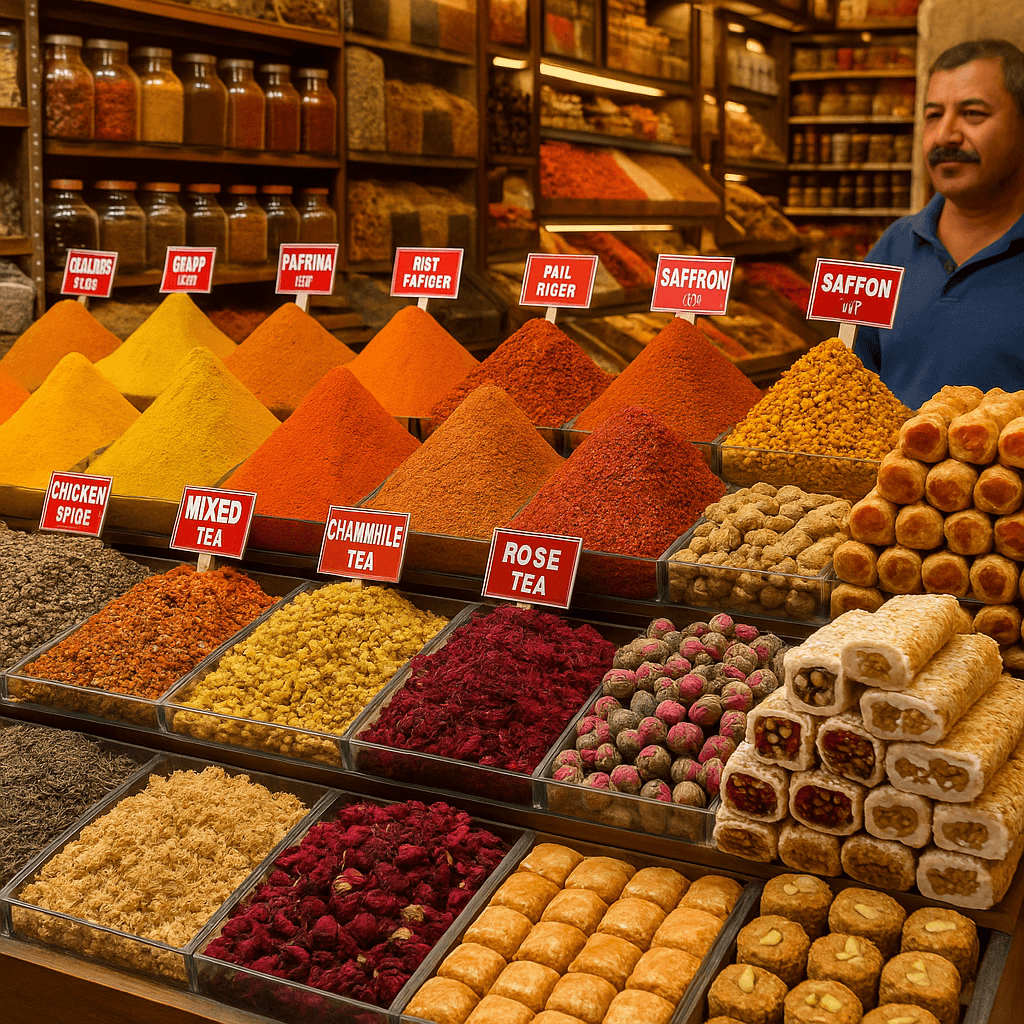
Spices, tea, and sweets. In the heart of Istanbul, where the streets intertwine like an immense tapestry, the Grand Bazaar (Kapalıçarşı, "covered market") was born more than five centuries ago. Between 1455 and 1461, Sultan Mehmed II, having recently conquered Constantinople, wanted to create a space where trade would flourish like the gardens of his palace. The first building, the Cevâhir Bedesten, kept jewels, silks, and valuable objects safe from the elements.
From a commercial hub to an indoor city
Around it, the streets began to specialize: some for gold, others for fabrics, others for spices from Aleppo and Egypt. The bazaar grew like a living organism, becoming a city under a roof, with domes that filtered the light and passageways where every corner revealed a new color, scent, and voice.
Aromas, flavors and treasures
Mountains of cumin, turmeric, cinnamon, and saffron mingle with spices, tea, and sweets. Black, apple, rose, and mint teas take the palate from Anatolia to the Black Sea. In the shop windows, baklava with green pistachios and golden honey competes with Turkish delight, dried figs, walnuts, and stuffed dates.
Mosaic lamps hang like constellations, Persian rugs in red, blue, and ochre tell woven stories, and painted ceramics preserve the memories of generations of artisans.
The art of selling and sharing
The typical vendor is a storyteller who greets visitors with a smile and a glass of Turkish tea (çay), always piping hot. He or she masters the art of bargaining, knows words in many languages, and understands that visitors are looking for an experience, not just an object. Tea, served in curved glass cups, is a bridge to friendship; spices, the essence of Turkish cuisine; and baklava, a national symbol of patience and celebration.
Visiting Istanbul's market is like crossing a bridge between centuries: inhaling aromas that tell stories, tasting spices, tea, and sweets. Flavors that traveled on caravans and ships, and listening to voices that have laughed and negotiated for generations.

